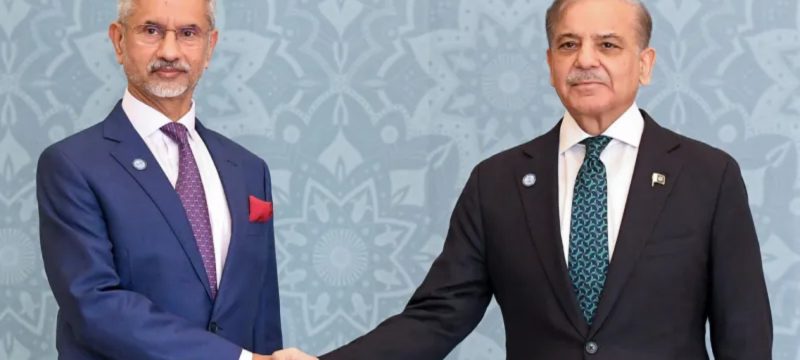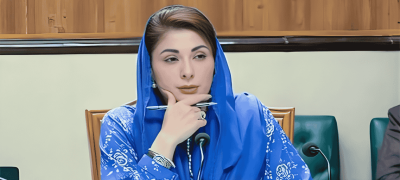During a recent press conference, Pakistan’s Foreign Office spokesperson Mumtaz Zahra Baloch clarified that there was no formal meeting between Pakistan and India at the Shanghai Cooperation Organization (SCO) summit. While informal dialogue occurred between Foreign Minister Ishaq Dar and his Indian counterpart, no official discussions were held.
Baloch also condemned the actions of Israeli occupying forces in Gaza, describing them as acts of genocide and war crimes, particularly targeting densely populated areas and basic necessities. She urged the international community to intervene and hold Israel accountable for these actions. Furthermore, she denounced the targeting of UN peacekeepers in Lebanon, calling for an immediate halt to such actions.
Also Read: SCO Summit 2024: Pakistan Hosts High-Level Meeting to Address Regional Cooperation
The spokesperson reiterated Pakistan’s stance on Kashmir, emphasizing that Kashmiris have never recognized Indian occupation. Pakistan has consistently called for international assistance to secure the right to self-determination for the Kashmiri people, as outlined in UN Security Council resolutions, and to address human rights violations in Indian-administered Jammu and Kashmir.
In parallel, Ambassador Usman Jadoon, Pakistan’s deputy permanent representative to the UN, addressed the dire situation in occupied Palestine during a debate at the General Assembly’s Third Committee. He highlighted the deprivation of basic human rights for Palestinians, including the right to self-determination, exacerbated by illegal settlements, excessive force, and the blockade of Gaza.
Ambassador Jadoon stressed the need for immediate international attention to these serious violations and pointed out that in occupied Kashmir, reports have documented excessive force, enforced disappearances, arbitrary detentions, and restrictions on freedom of expression, particularly since India’s unilateral actions on August 5, 2019.
He called for a more balanced approach to human rights that includes economic, social, and cultural rights, alongside civil and political rights. Jadoon argued that addressing root causes of human rights violations—such as poverty and inequality—is essential for achieving meaningful progress on human rights and the Sustainable Development Goals (SDGs).









